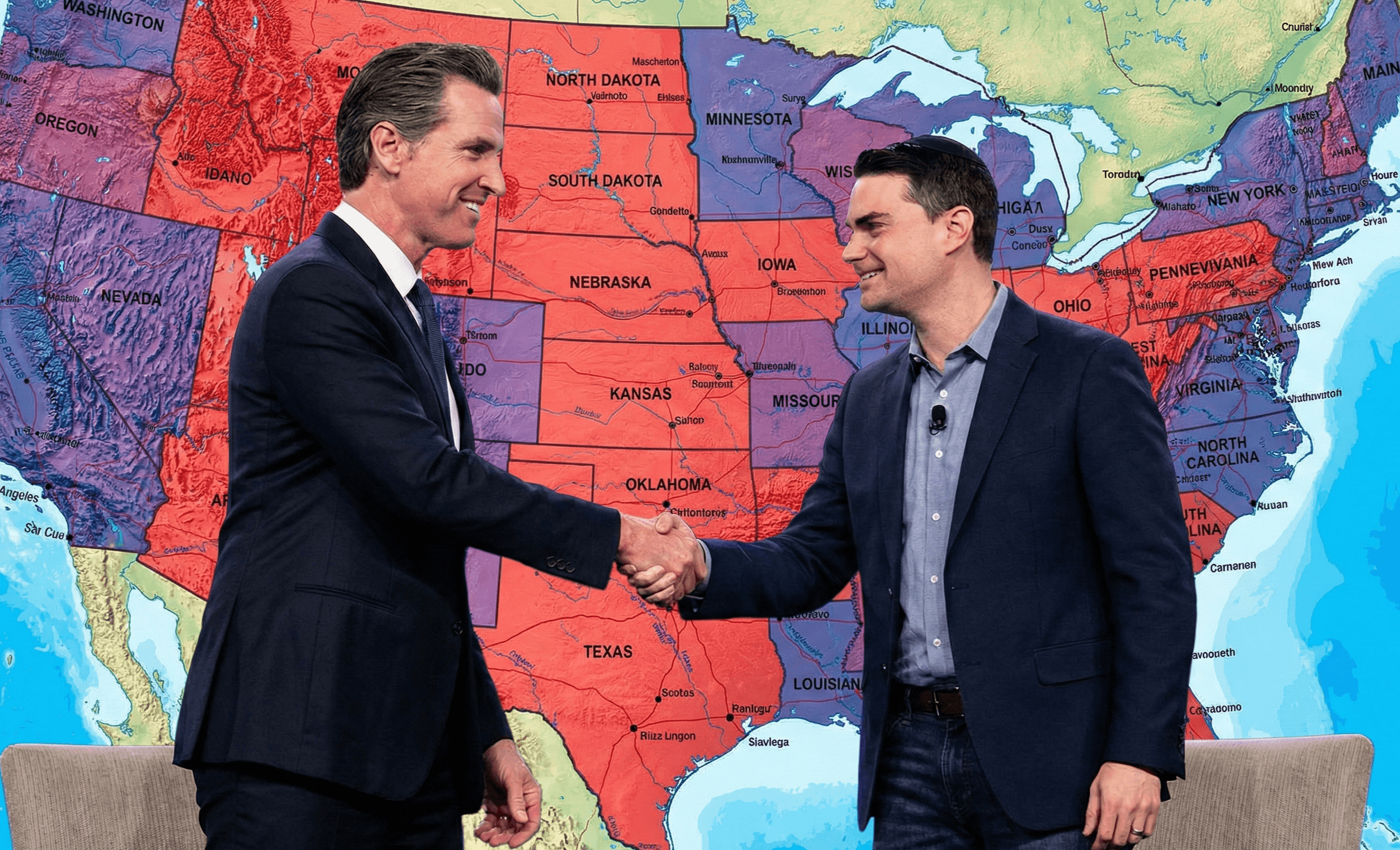How Digital Echo Chambers Hijacked Political Discourse — And What That Means for Independent Voters

In a time when technology moves faster than public awareness can keep up, the line between communication and manipulation is vague. A recent piece in Tablet Magazine titled “Rapid-Onset Political Enlightenment” sheds light on how the digital era — once hailed as a democratizing force — has been weaponized to manufacture consent, manage narratives, and in many cases, replace political discussion with political echo chambers.
For independent voters — who are mistakenly generalized as “right” and “left” leaning voters by the political bourgeoisie —today’s political math presents a challenge. Identifying a target voter universe cannot be executed by simply drawing circles around left and right voters.
Why?
Because independent-minded voters have started to recognize when they are being nudged, managed, or even gaslit by algorithms and PR operatives disguised as public servants.
National Narrative Control
The article highlights how the Obama administration, particularly during its push for the Iran nuclear deal, used a network of sympathetic media voices, online influencers, and digital platforms to shape public perception — not through facts alone, but through strategic messaging amplified at scale.
It wasn’t about engaging the public in meaningful debate. It was about controlling the frame so thoroughly that alternative perspectives never stood a chance. The tactic? Simulate organic support. Create the appearance of consensus. Marginalize dissent.
Sound familiar?
In today’s political environment, where independent voters are the largest and fastest-growing segment of the electorate, this approach cannot survive. This strategy assumes that the general electorate doesn’t learn from the past and that the full truth will never prevail.
Echo Chambers and the Independent Mind
Another problem: Independent voters don’t live in echo chambers. They have friends with different opinions. And they value authenticity over alignment, facts over narratives, and improve over rehearsals.
This is exactly the challenge facing today’s political operatives — even those working within the Democratic Party. In a recent New York Times podcast, “Why David Shor Thinks Everything Is Going to Change” (The Ezra Klein Show, March 18, 2025), Shor — a leading Democratic data analyst — acknowledged the difficulty in reaching working-class and non-college-educated voters, many of whom reject pre-packaged political messaging.
Shor emphasized the need to engage these voters with more nuanced communications. He argues that framing and language, rather than policy itself, can significantly shift support and opposition to different policies.
Shor’s analysis, however, invites an important question: How do you persuade voters who’ve lost trust in the system, and the system’s messengers?
The digital tools that allow campaigns and institutions to blast messages at scale have become less influential, less powerful.
Credibility is the new currency. And you have to work hard for that currency.
The Path Forward: Clarity, Not Control
For those of us who work in digital communications — especially in efforts to engage independent-minded voters — the lesson is not to replicate these tactics. It’s to reject them.
Don’t aim to convert. Aim to inform and empower.
Don’t build echo chambers. Build platforms for real engagement.
Don’t manufacture consent. Earn trust.
In a world where everyone’s yelling, it’s ok to have a level conversation. Earning the trust of independent voters takes time. You have to invest the time it takes to amplify real voices, exchange real dialogue, and deliver real value to voters who have turned the volume down on the partisan noise.
 Chad Peace
Chad Peace






